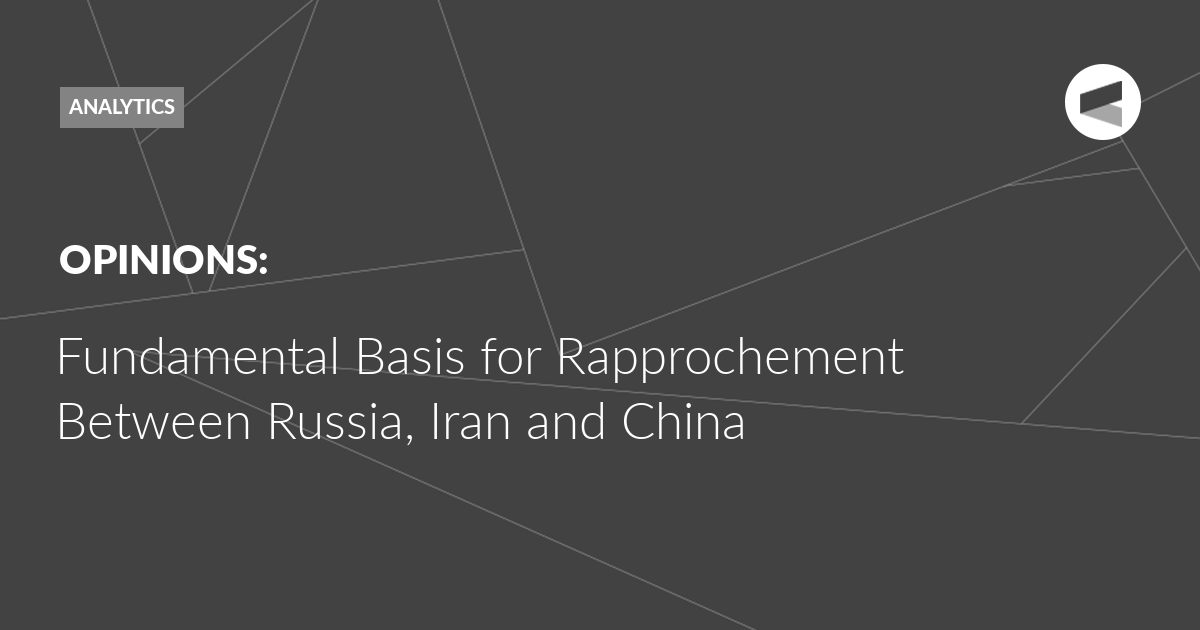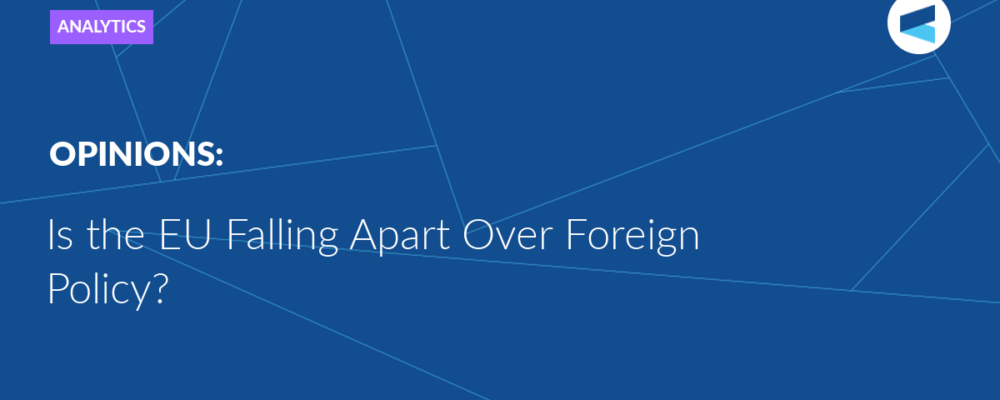Over the past several years, we have observed an increasing rapprochement between Russia and Iran in different areas – political, geostrategic, military, economic, trade and transport. It is not only notable at the level of rhetoric; it is also being expressed in concrete steps. However, we see that a series of visits by Russian delegations to Tehran have produced limited results. What could this be connected with? How can one explain the distance that still exists between the two countries?
Mutual detachment is sometimes a more significant obstacle to the development of relationships than the presence of contradictions or deep conflict. Let’s take the example of the development of Russian-Chinese relations over the past three decades. The current stage of relations between Russia and China is essentially unprecedented, according the leaders of the two countries, as well as the actors involved in the development of these relations, the business community, and the opponents of Russia and China. Let me remind you that these relations developed from a state of crisis: it was not simply a matter of detachment between the countries, but open hostility, which had resulted in armed conflict. Nevertheless, since the late 1980s, the two countries have decided to review their relationship and look for ways to take it to a new level. This led to a series of negotiations that made it possible to formulate the fundamental principles of bilateral relations and develop a joint Russian-Chinese understanding of the development of the entire international system. A list of these principles was recorded in the Russian-Chinese joint declaration on a multipolar world and the formation of a new world order in 1997. An important provision of this document was consensus regarding the fundamental principles, which were grounded in the fact that countries recognized each other’s sovereignty. They pledged not to interfere in internal affairs, as well as to respect mutual interests. For the mid-1990s, this position was a breakthrough, since it was completely different from the predominant thinking of the time. In particular, it was emphasised that differences in social and political systems are not an obstacle to the development of full-fledged international relations. Two important political processes were attached this national political framework: first, negotiations to resolve territorial claims; and second, providing bilateral security guarantees to buffer states – countries that are located between Russia and China. We see this now in Russian-Chinese interaction regarding Mongolia and the countries of Central Asia. Neither the electoral cycles of these countries, nor the sharp turns in their domestic political life have turned them into an arena where a clash might play out between Chinese and Russian interests, unlike what is happening in Eastern Europe.
The detachment in Russian-Iranian relations differs from the initial hostility between Russia and China, which was eventually overcome. We understand that this is not a relationship of unconditional trust: China has its own interests in different parts of the world, including in the Ukrainian crisis and in relation to events taking place in the Middle East. Thus, Beijing is interested in freedom of navigation in the Red Sea and is critical of attacks on commercial ships in this region. There is no absolute unity of interests, but nevertheless there is a high level of correlation. The Russian-Chinese rapprochement also overlapped with the formation of a new economic model within China, which was oriented toward the global market. China became a powerful industrial centre, where the production capacities of large, mainly Western, but also some Eastern powers were localised. This brought China into the global economy and contributed to its emergence as an important partner of the United States in terms of trade and financial institutions. The current Chinese dilemma is that the strategic policies of the US and China are now in complete opposition and events inevitably make them opponents, regardless of their intentions. They are objectively each other’s structural rivals.
This circumstance is common to China, Iran and Russia, since structural conditions bring us together in our assessment of the international environment. The paradox of the situation is that Russia, Iran and China are self-sufficient states that are able to operate autonomously, relying on their own strengths, without feeling the need to crush and defeat their opponents. From this point of view, the experience of Iran, which has been under pressure from sanctions for several decades, is unique. Its achievements include developing an independent, original and effective system of government, economics, medicine and education, making significant technological achievements, and launching an independent space program. Tehran has done all this without relying on any external assistance.
What unites Russia, Iran and China? We do not have the need to achieve the complete defeat of our opponents, unlike Western countries that maintain the opposite perspective. Why is the objective process of forming polycentricity so dangerous for the United States? Because this is a smooth process of bringing the nominal GDP of the countries of the world into line with the balance of financial and economic power in the world: the American stock market is 187% larger than the national GDP, while the stock markets of other countries account for about 40-50% of their GDP. That is, when brought into balance, the situation will entail a huge redistribution of financial and economic power away from the United States and Western countries. This will happen regardless of whether there is a military crisis or not: the global economy is adapting, and this will inevitably occur.
An important factor which continues to underpin the resources and unity of the West is that the Western community, centred around the United States, relies on a single normative framework that had its genesis in Christian Protestantism and the business ethic that it gave rise to. This ethic has been universally adopted by most major Western states and is now perceived as a uniform way of acting within this large community. There is currently no such uniform method of action in the BRICS community, the non-Western states, or in relations between Russia, Iran and China. I believe that an important task at this stage would be to initiate a debate about what a unified normative framework could entail, and whether it is possible.
During my visits to Tehran, I repeatedly encountered the concept that economics must always give way to sovereignty and human dignity. Experts observing the lines of Russian delegations heading to Tehran, note that such interaction does not have much effect. The process of communication with Iranian interlocutors should not be goal-oriented: it should create an atmosphere of trust, mutual respect and recognition of the dignity of the partner before turning to the discussion of issues related to achieving a common goal. In this sense, our interaction practices and business cultures differ. It is necessary to create platforms where conditions for mutual knowledge would be formed, and only after getting acquainted with the experience of each other’s civilisations and recognising their unique nature, can we move on to discuss topics that could be purposeful in nature: for example, the construction of a nuclear power plant, the implementation of the North-South transport corridor, the deepening of military-technical cooperation, the formation of a financial system which is not subject to sanctions, issues regarding the Caspian Sea, etc.
This approach may seem paradoxical and more innovative than what is considered the norm in Western countries. The formation of trust there, in essence, is trust in the financial guarantee of a loan or transaction, since this is the basis of interaction in the Protestant ethic; the material foundations within the Western system are very significant. What could serve as the intangible basis of trust in relations between Russia and Iran? This is a very subtle and deep question that affects relations between powers that have their own civilizational path. I believe that finding the answer to this key question will allow us to move faster towards establishing higher quality Russian-Iranian relations and improve the nature of the international system, which we strive to make polycentric.
The Valdai Discussion Club was established in 2004. It is named after Lake Valdai, which is located close to Veliky Novgorod, where the Club’s first meeting took place.
Please visit the firm link to site






